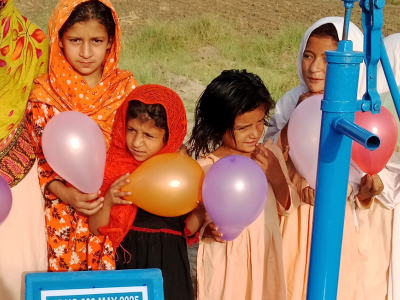
- Tehseen Amanat
- Student BS Sociology, University of the Punjab, Lahore .
Introduction
Water is essential for life. Yet, millions worldwide face a water crisis, struggling to access clean drinking water. This issue affects health, education, and economic stability. Pakistan is one of the top countries suffering from water scarcity.
Water scarcity in Pakistan
Water scarcity not only includes the drought but also the lack of clean drinking water. In Pakistan, this issue is highly seen in Sindh and some areas of Punjab mainly Southern Punjab.
Causes & consequences of water Crisis
Limited water resources and pollution from industrial, agricultural, and domestic waste has contaminated water. Changing weather patterns also affect water availability. Moreover, lack of proper water treatment and distribution systems in many regions has forced the population to use contaminated water which leads to diseases like cholera and diarrhea. Women and children often walk miles to fetch water, affecting education and work in Tharparkar and areas of Punjab including Bahawalnagar and Vehari etc. It has great impact on agriculture and industry.
Role of Kawish Welfare Foundation
To cope up all these problems Kawish Welfare Foundation took a step forward and introduced a program Clean Drinking Water. They targeted the most sensitive areas and established a team of local people . The coordinators of Kawish welfare foundation points out the areas from where fetching of clean water through wells and hand pumps is possible and feasible.
In Sindh almost 1000+ water wells and heavy pumps has been installed till the date and more than 250 in Punjab. The areas with more population is installed with water well and with less population is carried with heavy pumps. Each well costs more than 1,80,000 PKR and each heavy pump costs about 70,000 PKR.
Quick fundraising
Our Mission
Our Vision
Donors Reviews:
Our donors share inspiring feedback that reflects trust satisfaction and the real impact of their support.

Kawish Welfare Foundation
Board Members / Donor
Impact of Clean Drinking Water program
The areas targeted by clean water program has shown a great decrease in waterborne diseases. Furthermore, women and children do not need to walk miles a day to access the basic necessity of life.
Conclusion
Addressing the water crisis requires collective efforts to ensure sustainable management and equitable access. Kawish Welfare Foundation is grateful to the donors, volunteers, employs and every person who made efforts to provide clean drinking water to the people in urgent need.


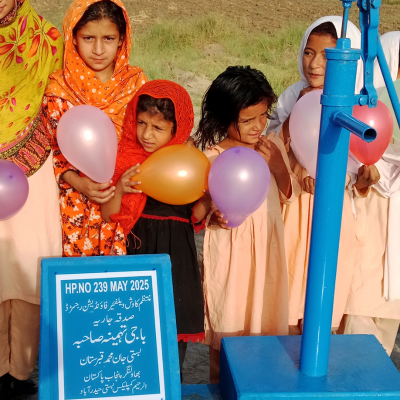
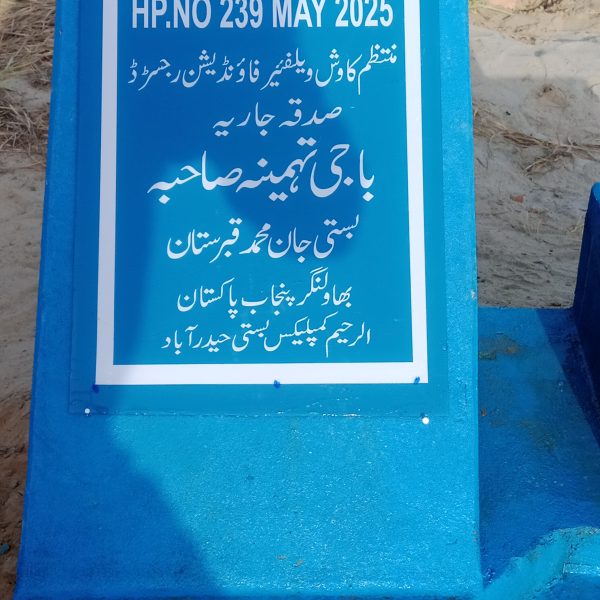
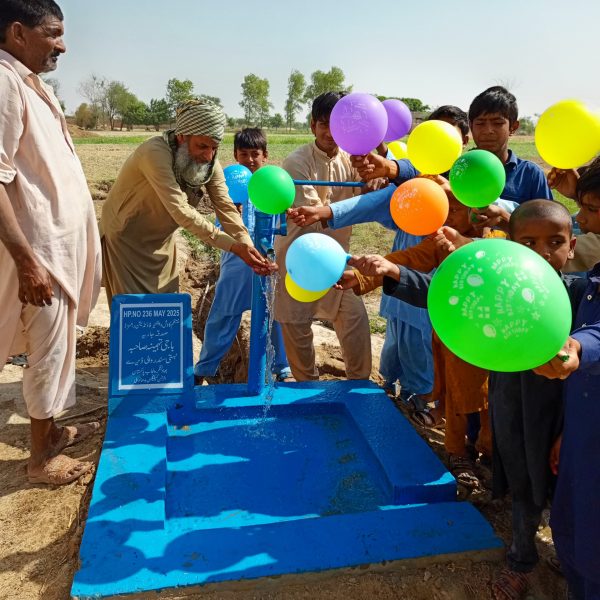
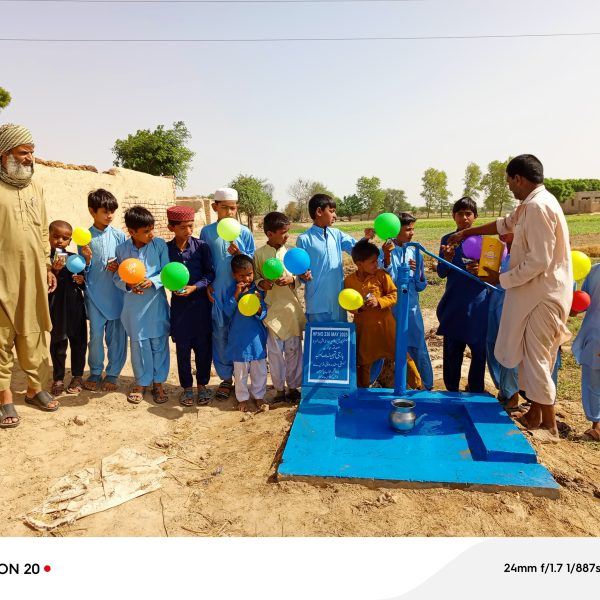
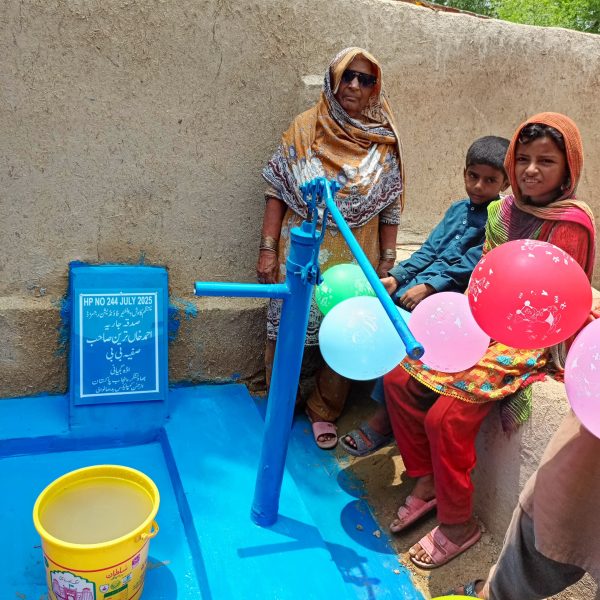
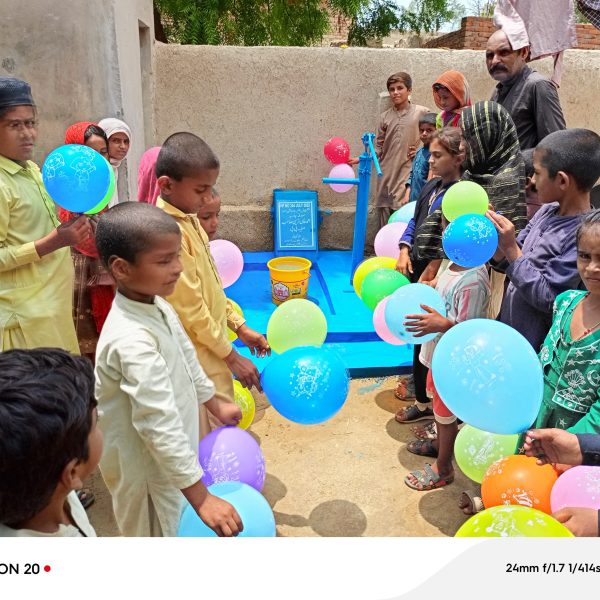
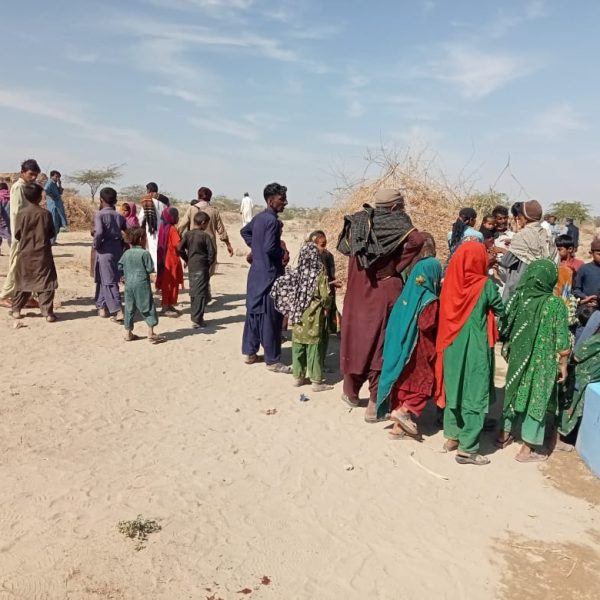
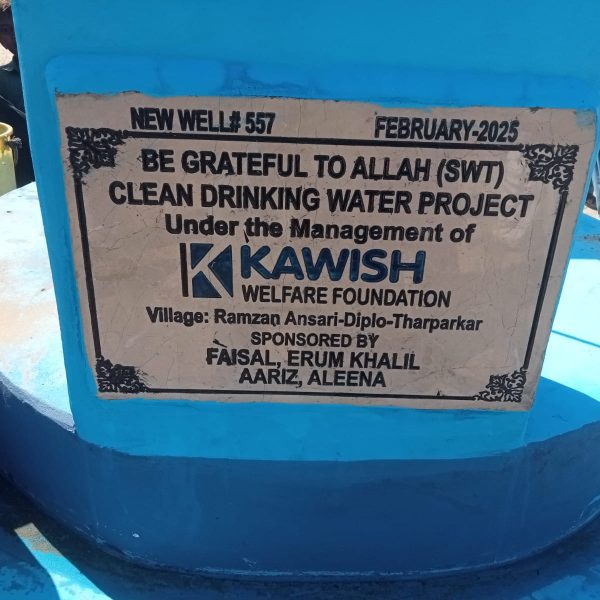
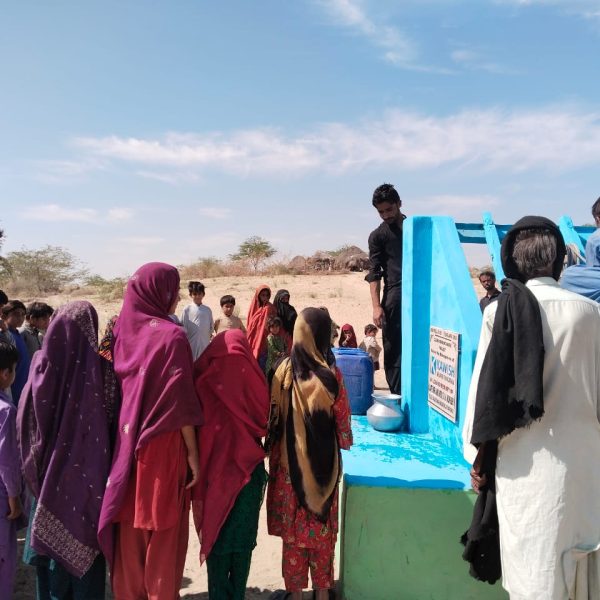
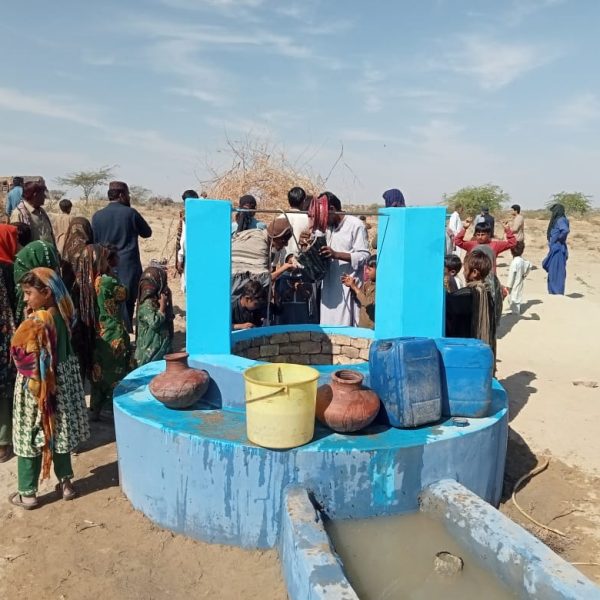
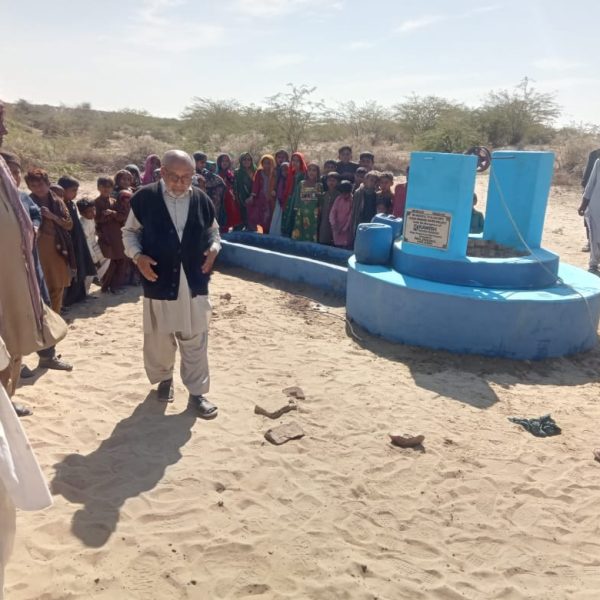
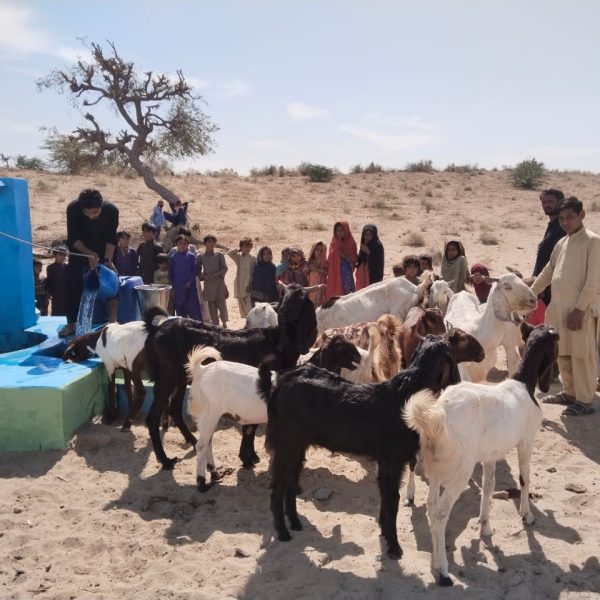
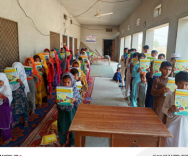
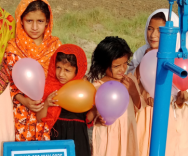

Comments (2)
Ali Raza
Amazing Article
Wonderful 😊
admin
JazakAllah